This video was created to illustrate USAID's vision of conserving biodiversity for sustainable long-term development, articulated in detail in the Agency's first-ever Biodiversity Policy. The Policy outlines two priorities: taking strategic actions to conserve the world's most important biodiversity, and integrating biodiversity and other sectors. Learn more at www.usaid.gov/biodiversity/policy.
#ConservationIsDevelopment: USAID's New Biodiversity Policy
04:18
Video Transcript
Music plays throughout, no narration. Text appears on screen accompanied by relevant images of people and nature.
0:00 - :12 [In all things of nature, there is something of the marvelous. - Aristotle]
:13 - :19 [Biodiversity is not just a luxury for the rich; it is a necessity for the poor. - Pavan Sukhdev]
:20 - :23 [Nature provides income]
:24 - :26 [Forests support the livelihoods of a quarter of humanity]
:27 - :31 [Ecotourism generates $77 billion in revenue each year]
:32 - :38 [Nature provides food]
:39 - :44 [The total value of insect pollination is valued at $210 billion]
:44 – :48 [About 1.6 billion people depend on fish for protein]
:48 - :52 [Nature provides shelter]
:53 - :57 [US coastal wetlands provide $23.2 billion in storm protection]
:58 – 1:01 [Coral reefs provide $9 billion in coastal protection]
1:02 – 1:07 [Nature provides health]
1:08 – 1:11 [25% of all prescription drugs are derived from plants]
1:12 – 1:15 [Forests filter and store 75% of the world’s useable water]
1:16 – 1:21 [Nature provides life]
1:22 – 1:25 […and yet]
1:26 – 1:35 [Over the past 50 years humans have changed the earth more rapidly and extensively than in any comparable time in history]
1:36 – 1:42 [Species are going extinct at 1000 to 10,000 times the natural rate]
1:43 – 1:48 [3/4 of the world’s fish are harvested before they can reproduce]
1:49 – 1:52 [Every minute, an area of forest as large as 50 soccer fields is lost]
1:53 – 1:56 [And we are in the midst of an international wildlife trafficking crisis]
1:57 – 2:00 [96 elephants are killed every day in Africa]
2:01 – 2:06 [Revenue from wildlife trafficking exceeds $8 billion annually]
2:07 – 2:10 [This crisis also has a human toll]
2:11 – 2:14 [Over 1,000 rangers have been murdered by poachers in the past decade]
2:15 – 2:17 [When nature is threatened, it threatens our…]
2:18 – 2:23[income, heath, shelter, security, livelihoods]
2:24 – 2:25 [USAID is taking action to]
2:26 – 2:30 [conserve nature, enhance human well-being, and safeguard the future]
2:31 – 2:34 [USAID is… stamping out wildlife trafficking]
2:35 – 2:40 […working with 25+ countries to stem demand for wildlife products and stop poaching and trafficking]
2:41 – 2:45 […supporting training on anti-poaching techniques]
2:46 – 2:48 [USAID is… harnessing science and technology]
2:49 – 2:55 […supporting GIS and remote-sensing efforts to map thousands of hectares of critical forests]
2:56 – 3:00 […applying new technologies to fight wildlife trafficking]
3:01 – 3:03 [USAID is… building partnerships]
3:04 – 3:10 […working with the private sector to promote sustainable fishing]
3:11 – 3:15 [… building alliances to stem the tide of illegal logging]
3:16 – 3:19 [USAID is… working with local people]
3:20 – 3:25 […supporting indigenous groups to manage the forests and rivers they call home]
3:26 – 3:29 […working with communities to conserve nature and raise incomes]
3:30 – 3:36 [Together, we can chart a development path that nourishes rather than depletes nature]
3:37 – 3:52 [Several words appear in sequence and include: strengthen, capacity, global, people, awareness, support, enforcement, management, monitoring, resources, forests, biodiversity, protection, clean air, clean water, food, livelihoods, health, wildlife protection, science and technology, partnerships, communities, conservation, development]
3:53 – 3:56 [conservation is development]
3:57 – 4:01 [USAID logo #conservationisdevelopment]
4:02 - 4:18 [photo credits]
Ноябрь 1, 2011







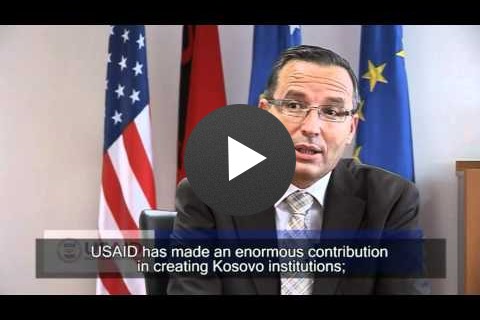
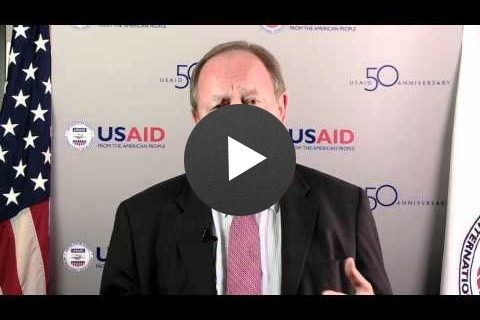
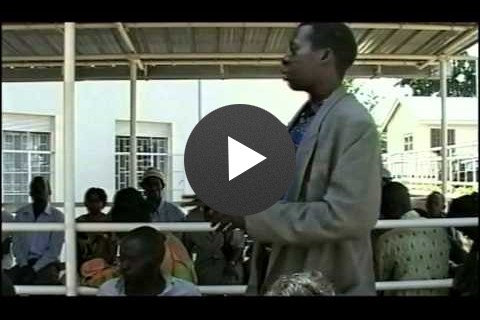
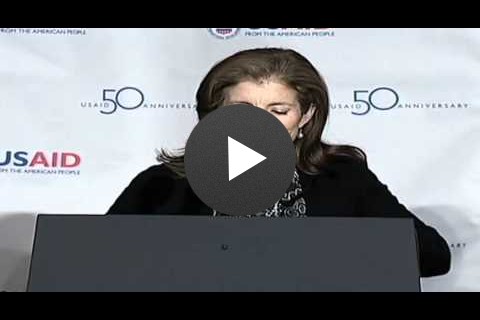
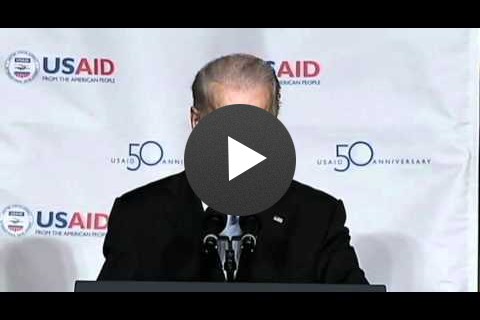
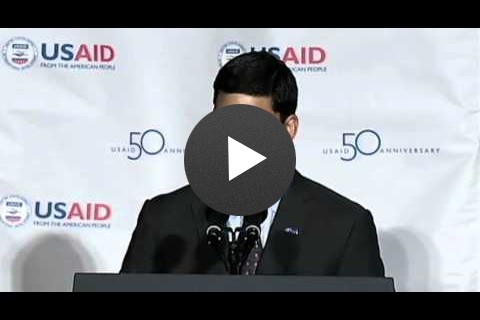
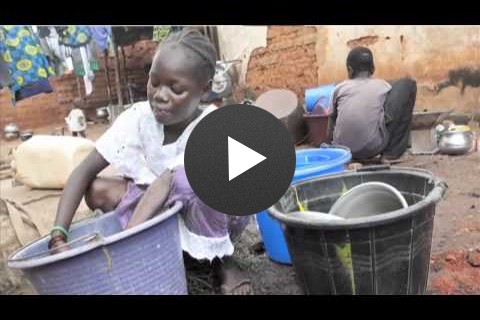
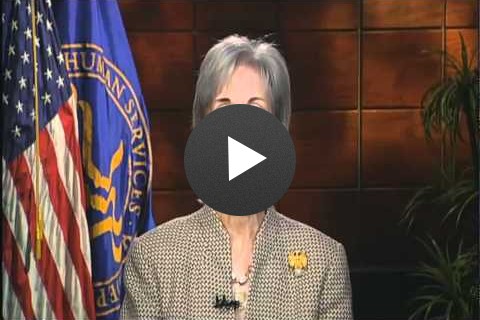
Comment
Make a general inquiry or suggest an improvement.